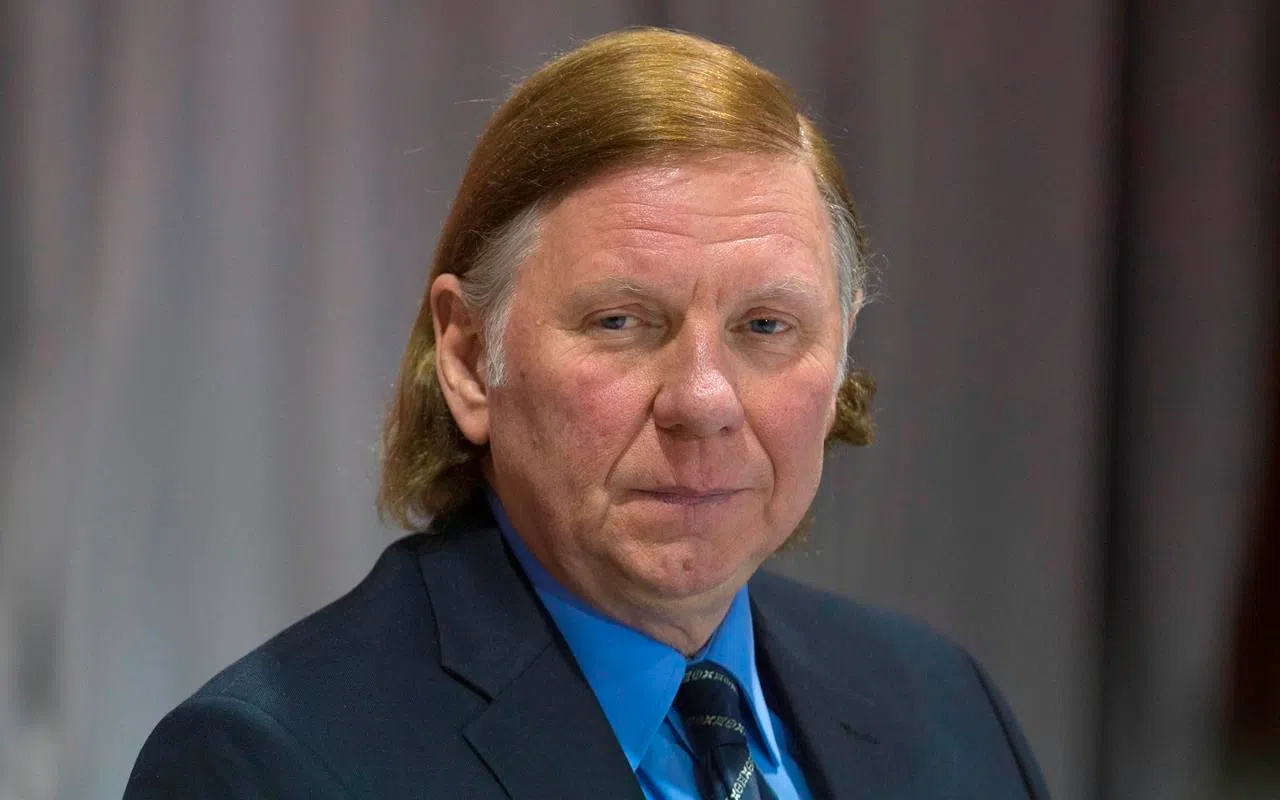
New Supreme Court nominee Malcolm Rowe faces grilling by MPs, senators
OTTAWA — Jurists should show humility, tact and compassion in cases involving sexual assault and harassment, Newfoundland and Labrador judge Malcolm Rowe said Tuesday as MPs and senators sized up his suitability for the Supreme Court of Canada.
Rowe, Prime Minister Justin Trudeau’s first high court nominee and the first ever from Newfoundland, took part in a question-and-answer session with MPs and senators at the University of Ottawa, with law school students invited to watch.
“As a judge, I see all too often these alarming situations, like the cases of sexual assault, family violence and the poor treatment of children,” he said. “Law alone cannot respond to all these things, but the effective intervention of the courts constitutes a necessary element of the response.
“A judge must be independent, open in spirit, patient, demonstrate humility and tact. He must also be understanding and show compassion. I have always tried to demonstrate all of these qualities.”


